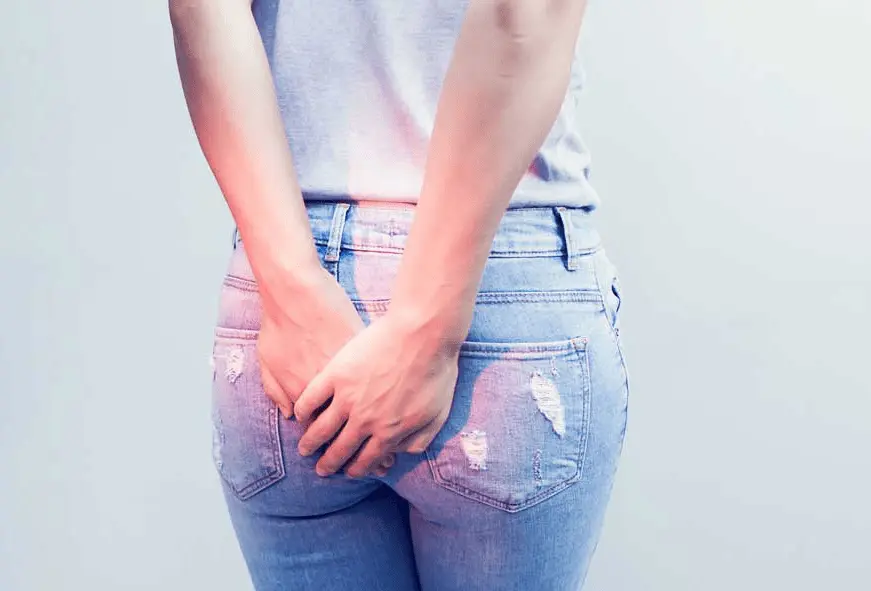If you have hemorrhoids, you have plenty of treatment options at your disposal. However, if you have hemorrhoids, you’ll probably advise others to avoid getting them in the first place.
Hemorrhoids — swollen, inflamed venous cushions in the anal canal — can be occasionally painful and itchy and can cause bleeding. But you can avoid these irritating symptoms with some simple lifestyle changes.
1. Go when you need to go
This sounds like common-sense advice, but too many people ignore it. If you delay using the bathroom, your stool may become hard and dry in your bowel, which makes it harder to pass. If you strain to pass stool, your risk for developing hemorrhoids increases.
Speaking of straining, don’t force a bowel movement when you don’t need to go, either. Straining increases the pressure on your venous cushions, which leads to hemorrhoids. In particular, straining can turn internal hemorrhoids into external ones.
2. Don’t turn the bathroom into a reading room
Think of your time in the bathroom as a necessity, not an extended escape. If your toilet has stacks of magazines or books on the water tank, consider moving them to another room. Don’t take your phone into the toilet area — no browsing Facebook, Instagram, Snapchat, Twitter or playing games.
Why? The more time you spend on the toilet, the more likely you will strain for bowel movements. Also, the seated position puts extra stress on your anal blood vessels. Both of these factors boost your risk of hemorrhoids.
3. Reassess your diet
To prevent hemorrhoids, you want stool that is soft and easy to pass. You can reach the right consistency by making smart diet choices and drinking plenty of water to avoid dehydration.
A lack of fiber is the most common culprit. For example, if you find yourself constipated, try getting more fiber from green vegetables, fruits and 100 percent whole grains. If need be, ask your doctor about taking fiber supplements, but start by trying to get fiber through your diet. Fiber can help you avoid constipation, and constipation — which leads to straining — is a risk factor for hemorrhoids.
Drink plenty of water with the fiber. Fiber without water makes stools hard.
Fiber comes with a warning, though. Some people have what we call “slow transit constipation.” Their bowels move slower than normal. For these people, excess fiber tends to sit in the gut and make constipation worse.
4. Get moving
Moderate exercise helps improve or prevent many bowel and digestive issues, including hemorrhoids. When you are sedentary, everything slows down, including your bowels.
Exercise helps keep waste moving through your intestinal tract. In turn, this helps you avoid constipation and dry, hard stool. Walking, running short distances, biking, yoga — take your pick, but choose an active lifestyle.
One note of caution, though if you have hemorrhoids: Avoid heavy-duty weight-lifting squats and similar motions that increase abdominal pressure. If you’re trying to prevent hemorrhoids, these exercises can do more harm than good.
5. See your doctor
If your symptoms change or the bleeding increases, see a doctor and get your symptoms evaluated. Not all hemorrhoid treatment options are surgical and you may need as assessment to rule out other diseases.

